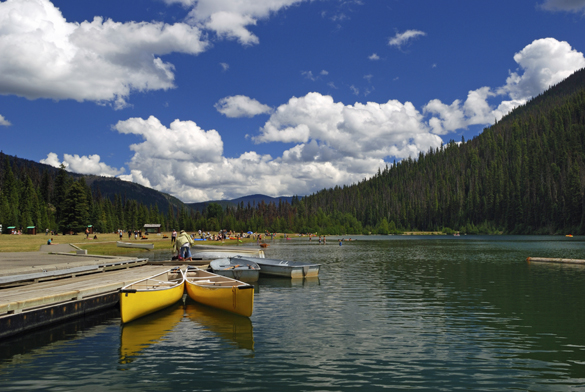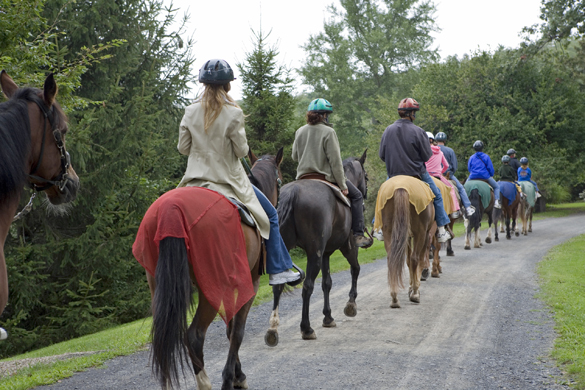Finding the right camp is always important, particularly when your child has special needs.
“It’s not just about summer recreation,” explains Katie Koske, manager of cooperative programs for the Northern Suburban Special Recreation Association (NSSRA). “When you have a child who is already challenged developmentally, it’s imperative to find a summer program that can provide consistency and support ongoing developmental needs.”
There’s also the simple reality that parents need help. Caring for a child who needs constant one-on-one supervision can be exhausting and taxing on the whole family. Summer camp provides the necessary respite while allowing your child to stay engaged.
So where do you start?
Identify your child’s needs first.
Does your child have medical needs? Will your child’s physical challenges limit his or her participation in typical camp activities, or does the camp offer adaptive activities? Does your child need one-on-one assistance? Does your child’s Individual Education Plan (IEP) recommend summer school?
In addition to your child’s needs, you need to take into consideration the needs of your family. Do you need a full-day camp? Transportation? Do you require a more flexible schedule to accommodate therapy schedules and summer school? Do you want your child to attend the same camp as siblings and peers?
Review Your Options.
As with mainstream kids, there are a variety of camp options for kids with special needs.
Both Northern Suburban Special Education District (NSSED) and NSSRA, as well as Special Education District of Lake County (SEDOL) and the Special Recreation Association of Lake County (SRALC), offer a combined summer program that ensures an easy transition between school and recreation. When a student enrolls, they have the option to stay after morning summer school for the recreation portion in the afternoon. Kids are assured consistency by having the same location and staff as they do in the morning, and can develop appropriate social interaction with their peers and the staff. While transportation is provided at no additional cost, typically there is a nominal fee to cover recreational staffing, field trips and activities.

In addition to the combined school/recreation programs, special recreation associations typically offer a wealth of other summer activities including options for after-camp care, overnight camps, mini-trips and ongoing programming.
In addition to specialized camp programs, there are many camps that support inclusion, providing your child with a typical camp experience with mainstream peers. Local park districts will partner with special recreation associations to provide the necessary staff and support to ensure your child’s success in a mainstream camp program. A Big Blast in Glenview offers a summer camp and year-round programming using a buddy system. Keshet partners with the Jewish Community Center (JCC) of Chicago and the Apache camp network to provide a truly inclusive camp experience. Their goal is to foster inclusion to the best of each child’s ability, providing life-changing benefits to everyone involved.
Equestrian Connection in Lake Forest offers a flexible camp program, run week-to-week, that combines hippotherapy (therapeutic riding), art therapy and outdoor activities.

Put aside your expectations of what summer camp should be.
We all want our children to experience the joys of summer camp. More importantly, we want a child to go where he or she will have the most success. Sometimes that means putting aside your own reservations or expectations.
“I felt so guilty sending my son away to overnight camp,” lamented one mom of a teen boy with autism. “But when I saw the opportunities available to him there, versus my ability to keep him happy and entertained all summer, there was no question that we made the right decision.”
Interested in camps for children with cancer? Check out this great article, also by Kristina Tober, A Camp for Kids with Cancer.

